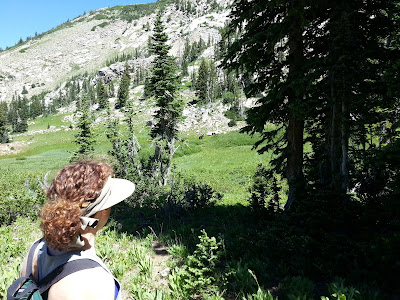E-I-E-I-O
E-I-E-I-O What the heck? Most of you will likely recognize the title's meaning simply by saying the letters aloud, at least this being the current variation of the children's nursery song now so popular worldwide . But despite our visions of this simple, almost idyllic small farm, the vast majority of today's agriculture comes from massive plots of land harvested with massive machines and massive business entities (for the most part) running them. Farming has become an agribusiness with emphasis on the word "business." Many of us still picture rolling fields of perfectly spaced rows, a small house in the back, a few sheep peacefully grazing, thinking as we drive by that it must be nice to be a farmer. But quite quickly, British author James Meeks wakes us up with this bit or reality: To the traveller passing at speed, even to the hiker or dog-walker, farmed fields are anonymous elements that contribute to a pattern. It’s the landscape the eye seeks,

